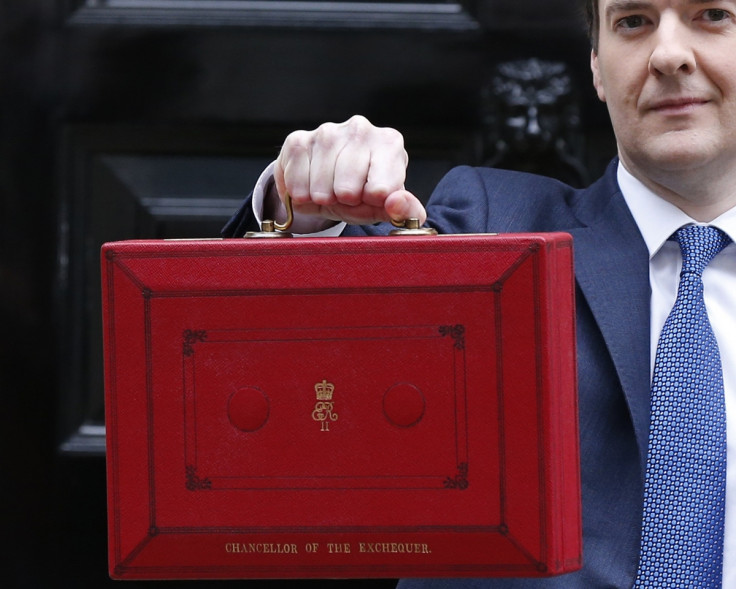Budget 2014: Osborne Pulls a Grey-Haired Rabbit From His Budget Hat

After all the speculation that chancellor George Osborne had a big fat rabbit to pull out of his budget hat, when it finally emerged it turned out to be a fairly well-fed, grey-haired bunny.
With his usual finely-tuned political antennae, the chancellor avoided the tax cuts for the wealthy, which many of his own backbenchers had been demanding but, as predicted, instead increased the lower rate threshold to help the lowest paid.
But by far his biggest surprise, and one few had seen coming, was to zero in on two large groups of voters who all too often have felt neglected and ignored by successive governments, namely relatively well-off pensioners and savers.
Osborne's genuinely far-reaching proposals for shaking up ISAs and pension pots, and the introduction of a new bond for pensioners, with very attractive interest rates, will come as a genuine boost to those groups.
They really do believe the way you make the rich work hard is to make them richer, and the way you make everyone else work harder is by making them poorer.
But just as important, they are precisely the people who are likely to vote Tory and who might have been moving away from the Conservatives as they saw the value of their savings diminishing as a result of the economic downturn and historically low interest rates.
Pensioners have also been feeling the pinch and the chancellor's decision to reform the sector and remove all tax restrictions on how they can access their pension pots is another carefully calculated political move.
Osborne summed it up, declared: "You have earned it, you have saved it, this government is on your side."
As one Tory told IBTimes UK: "That should give Nigel Farage something to think about". And the package was already being dubbed the "Blue Rinse Budget" in recognition of the older, better-off women who once accounted for a large section of the party's voters.
There is a hope on the Tory benches that the budget will have gone some way towards stealing back some votes from Ukip in May's Euro elections and Farage, that it had focused on just the group of voters his party appeals to, saying: "Governments do get some things right".
Meanwhile, Osborne also repeated his now traditional trick of trying to trap Labour by announcing he would set an overall cap on welfare spending of £119bn in 2015-16, rising only with inflation, which he will put to a Commons vote next week, challenging Ed Miliband to oppose it.
Shadow chancellor Ed Balls was quick to announce he was not falling for it and would back it. However he also said Labour would exclude pensions.
All the measures came against a background of improving economic forecasts, allowing Osborne to claim things would continue to get better. That "feelgood factor", however, is something yet to feed through to the mass of voters.
As for Labour, Miliband delivered his reaction without mentioning any of the specific budget measures but instead continuing the theme that most ordinary working families were not feeling any benefits but were, on average, £1,600 a year worse off because of the government's policies.
"They really do believe the way you make the rich work hard is to make them richer, and the way you make everyone else work harder is by making them poorer," he said.
It will be left to the shadow chancellor to deliver the more detailed response when he debates the package in the Commons. And, after a brace of faltering recent performances during the most recent, set-piece economic debates he will need to deliver something convincing.
Meanwhile, the Liberal Democrats have been quick to lay claim to the chancellor's announcement of raising the lower tax rate threshold, fearing he may reap the political rewards for a policy he initially opposed but has now fully embraced as his own.
Ultimately, then, this was exactly the sort of highly-political budget Westminster has come to expect from the chancellor.
It was a million miles away from his "omnishambles" budget two years ago which saw his personal stock hit an all time low. He is now viewed in Tory circles as the man who can yet help them secure an election victory and as a credible successor to David Cameron.
Labour's belief, however, is that his measures have, so far, failed to have any real impact on ordinary working people and that the key question for voters at the next election will be: "Do you feel better off now that in 2010?"
Even after this budget, it remains Ed Miliband's strongest card.
© Copyright IBTimes 2025. All rights reserved.





















